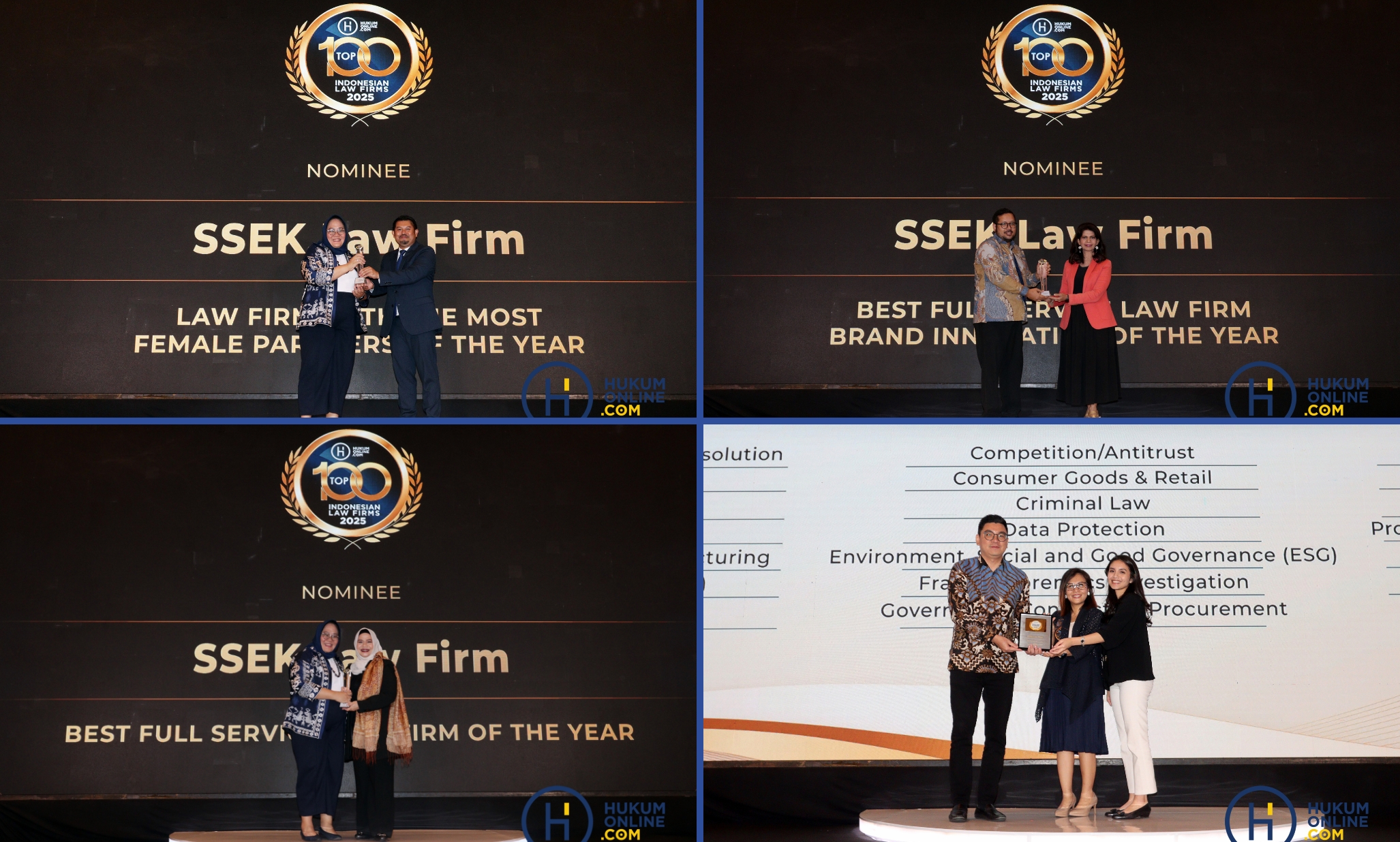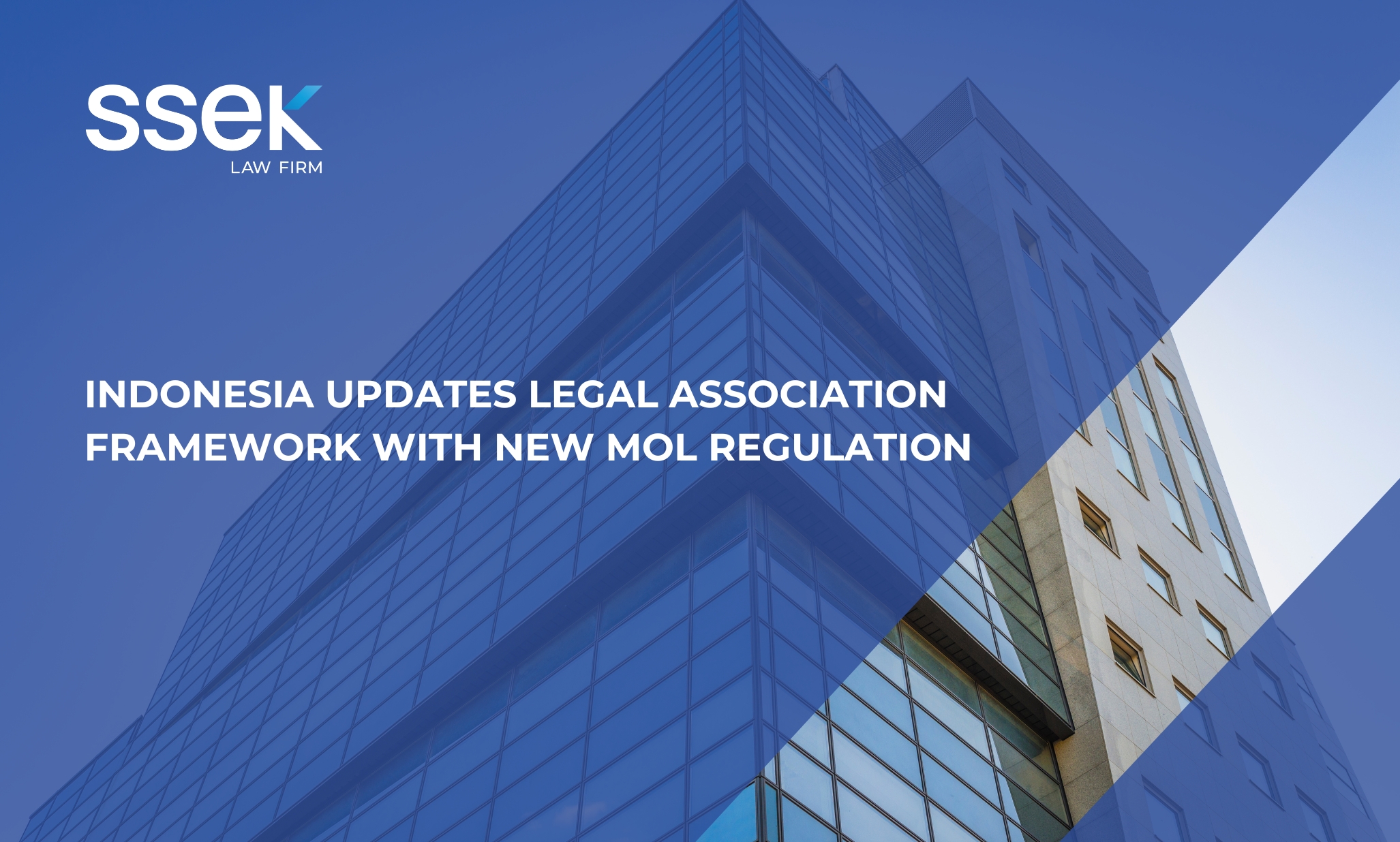

Shareholders in Indonesia are empowered to direct the company to take particular courses of action within the ambit of the general meeting of shareholders (GMS), including the power to elect and dismiss members of the board of directors (BOD), as governed under articles 94(1) and 105(1) of Law No. 40 of 2007 regarding Limited Liability Companies (the Company Law), respectively.
Nothing in the law compels the GMS to take a particular course of action or requires a minimum quorum or vote for the election of directors. Rather, the Company Law prescribes that the terms governing the election of directors, including the procedures for their appointment, replacement and dismissal, are to be contained in the articles of association (AOA) of the company. Shareholders whose classification of shares permits them to do so under the AOA are able to nominate members of the BOD (article 53 of the Company Law).
Shareholder Decisions
Any amendments to the AOA of the company, including the increase or decrease of the authorized capital, must be approved at a GMS at which at least two-thirds of the company's voting shares are represented, and those representing at least two-thirds of the shares in attendance approve the resolution (article 88 of the Company Law). Any increase in issued and paid-up capital must be approved by simple majority vote in a GMS attended by those representing more than half of the total voting shares.
A GMS vote is also necessary for any merger, consolidation, acquisition and dissolution involving the company as a party (article 89(1) of the Company Law). Additionally, the BOD requires the approval of the GMS to transfer the company's assets or pledge them as security for a loan if the value of the loan exceeds 50 per cent of the company's net assets (article 102 of the Company Law). The BOD also requires the approval of the GMS if it intends to file for bankruptcy for and on behalf of the company (article 104 of the Company Law).
Finally, a GMS vote is necessary to decide whether the company will go into liquidation (article 142 of the Company Law) pursuant to a proposal by the BOD, board of commissioners (BOC), or one or more shareholders representing at least one-10th of the company's voting shares (article 144(1) of the Company Law). In all of the above scenarios, those representing at least three-quarters of the company's voting shares must be in attendance at the GMS, and at least three-quarters of those in attendance must approve the resolution (article 89(1) and article 102(5) of the Company Law).
Shareholder Meetings and Voting
There are no special requirements for shareholders to participate or vote in the GMS. Article 53 of the Company Law recognizes non-voting shares, which prevents holders of these shares from voting. Votes by shareholders outside the GMS may bind the company provided all holders of voting shares unanimously approve, in writing, the resolution concerned (article 91 of the Company Law).
Virtual meetings by teleconference, video conference and other electronic mediums that allow all members of the GMS to see, hear and participate in the meeting are permitted under article 77 of the Company Law. Nonetheless, these meetings must still meet the quorum requirement stipulated in the Company Law or in the company's AOA.
For a public company, the GMS may be held upon the request of one or more shareholders who jointly represent one-10th or more of the total shares with valid voting rights, unless stipulated otherwise by the company\'s AOA.
This first appeared in the Lexology GTDT Corporate Governance 2020 global guide.
This publication is intended for informational purposes only and does not constitute legal advice. Any reliance on the material contained herein is at the user's own risk. All SSEK publications are copyrighted and may not be reproduced without the express written consent of SSEK.









